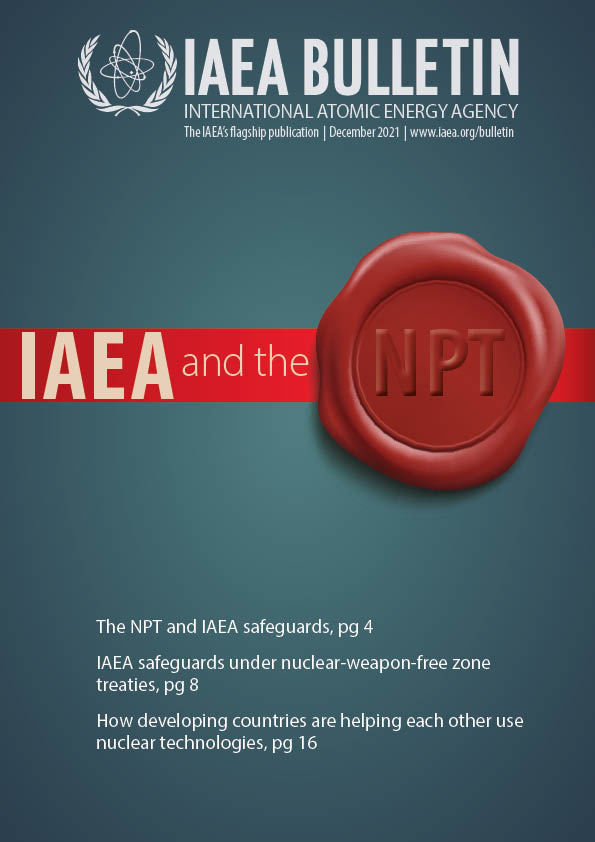Improved hospital capacities, cleaner rivers and higher yielding crops are just some of the myriad benefits nuclear technology has brought to Viet Nam in recent years.
“The Government of Viet Nam confirms its consistent policy of atomic energy application for peaceful purposes to reap the many benefits of this technology for the country’s socio-economic development,” said Tran Bich Ngoc, Executive Deputy Director General of the Vietnam Atomic Energy Agency.
Since joining the IAEA in 1957, Viet Nam’s cooperation with the IAEA has continuously strengthened. In 2018, the Viet Nam Atomic Energy Institute was designated as an IAEA Collaborating Centre for water and the environment. It applies nuclear and isotopic techniques in integrated watershed and coastal area management for socio-economic development.
For years the Nhue River in Viet Nam suffered from excessive plant and algae growth to the extent that fishing, tourism and irrigation were affected. This threatened the well-being of over 200 000 people. Using stable isotopes, Vietnamese experts supported by the IAEA and the Food and Agriculture Organization of the United Nations (FAO) identified excessive fertilizer use on nearby farms as the culprit. Farmers have since changed their fertilizer practices, which has led to reduced run-off and pollution and improved water quality.

